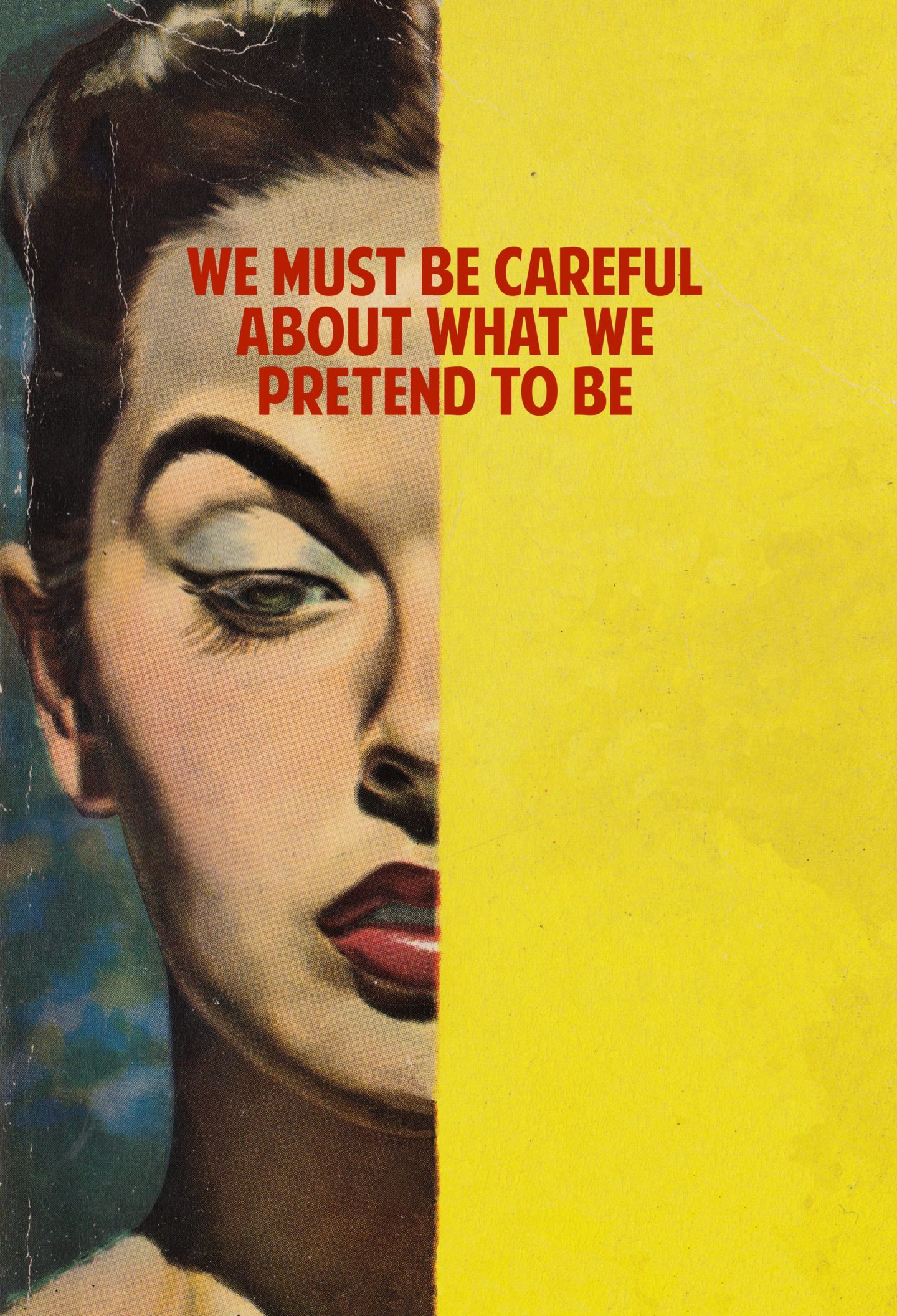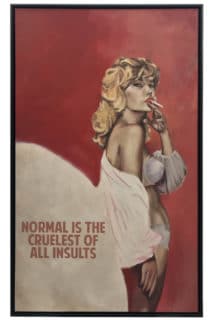The Importance of Being Earnest
Mental Health
The Connor Brothers' Mike Snelle on his mental health struggles and why AA may provide a model for addressing such issues with openness.
So there’s this bit, every time we do interviews or Q and A’s or whatever, that’s kind of excruciating. It happens every time and the knowledge that it’s coming fills me with anxiety and something resembling shame. A hand goes up and someone asks ‘How did The Connor Brother’s start?’ Fucking fucking hell. I look at the floor and wait for it to be over. Sometimes I consider pissing myself and leaving the room and wonder which of the two options, staying or pissing myself, would be less embarrassing. The answer to the question, which James usually gives, goes something like this:
‘Mike called me one night and admitted he was suicidal. He’d been hiding it from everyone but behind the scenes he’d been increasingly struggling with depression, and now he was in real danger of killing himself. We met up and I persuaded him to get help. He got an emergency referral to a psychiatrist, was diagnosed as bipolar, and ended up coming to live with me for a while. During that time we had these really intense difficult conversations about suicide and depression and mental health and addiction and to distract ourselves we started to mess around making collages to make each other laugh. These collages ended up being the first Connor Brother’s works.’
It’s true, the story, but no matter how many times I hear it, I feel embarrassed by it. It’s hard to say exactly why. I’m aware that there shouldn’t be any shame in having experienced mental health difficulties, and that being able to talk openly about them is an important part of reducing the associated stigma. I know that creating an environment where people, perhaps men especially, can admit they’re not coping, has the potential to save lives. I’m from a family with serious mental health problems. Three of my siblings have attempted suicide in the past two years. I know first hand how dangerous a culture of silence and secrecy can be. But still – sometimes I’d rather piss myself in public than admit that I have struggled and still sometimes do struggle with mental health problems.

A few weeks ago I attended my first AA meeting with a sibling who’d just got out of rehab. As I listened to people recount their experiences of addiction, and the impact it’d had on their lives and the lives of those close to them, I was struck by the openness with which they talked. Although each story was unique there was also a commonality between them and it was perhaps this shared thread that allowed such candour. I left the meeting both impressed by the people there and curious as to why I found recounting my own experiences so difficult.
AA is built on the principle of mutual support between addicts, and a large part of that support comes in the form of both sharing experiences and listening to the experiences of others. This exchange of stories creates an environment which reduces shame and encourages honesty. There is no room for judgement that someone is struggling or has struggled in AA. Having struggled is a prerequisite of membership.
All this got my thinking. Part of the embarrassment at telling people about my mental health issues is the fear that they will view me differently. I worry that admitting that I’ve struggled somehow marks me out from other people. I’m scared that they’ll see me as weak and pity me. I do not want to be pitied. But maybe that’s stupid. Maybe my worries are unfounded. Who hasn’t struggled at some point or other? What if sometimes struggling is not a thing that marks me out as different from other people but something that unites me with them? Maybe it’s the very thing we all have in common.
Our culture is definitely getter better at talking openly about mental health, but we still have a way to go. Many of us still feel ashamed at confessing own own struggles and it seems to me that shame, at it’s core, is the fear of judgement by others. We could do worse than look to AA as a positive example of how to talk as a society about mental health. If everyone struggles at some point or other in their lives, where is the shame in struggling? How can we judge others for being like ourselves? It’s possible that by acknowledging that we all find life difficult at times it’ll be easier to talk openly about our individual difficult experiences.
This week we’re inviting people to share their experiences of mental health issues in the hope that fostering an environment where we can admit the ways in which we’ve struggled will help other people do the same. Admitting that we’re struggling isn’t easy but it is the first step in getting the help and support we sometimes need, and creating a culture of openness is an essential part of reducing the stigma around mental health issues. To share your experiences please post them on both our instagram and your own using the hashtag #wemustbecareful

Win A Connor Brothers Print!
Sign up to our daily newsletters to be entered into a draw to win an exclusive print by the Connors. We're going to be donating the cost of the print to CALM.
Trending

Join The Book of Man
Sign up to our daily newsletters to join the frontline of the revolution in masculinity.

















